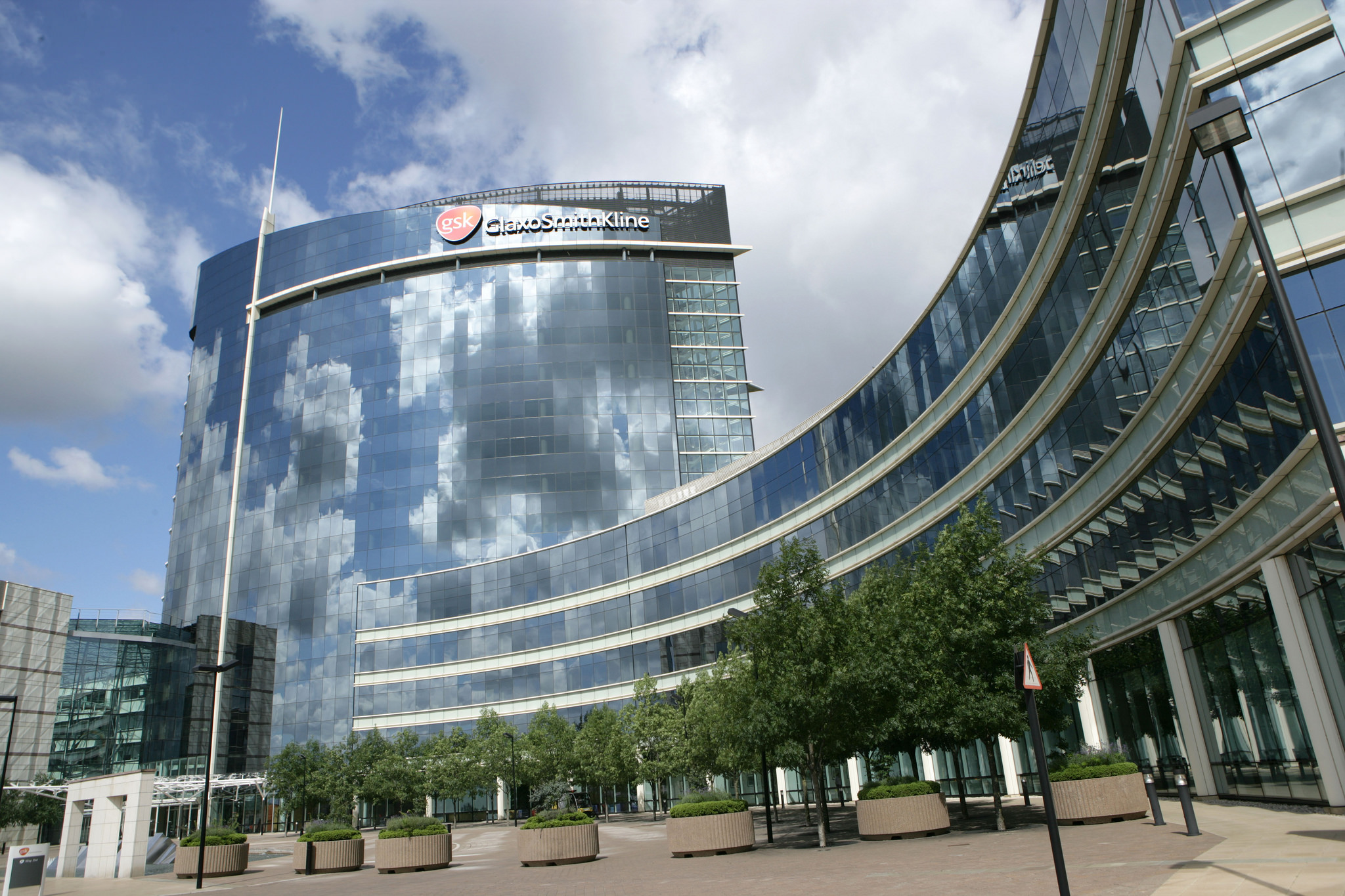GSK expects Brexit admin to cost £70m

GlaxoSmithKline expects Brexit to cost it £70m over the next three years, with ongoing costs of £50m, according to estimates in its annual report.
With time running out to even negotiate a transition period, pharma is preparing for the worst – a “no deal” situation where the UK will be forced to walk away from all the EU’s institutions.
While the industry is supportive of Theresa May’s commitment to cooperation on drug regulation in order to keep costs for manufacturers down and ensure patient safety, it remains to be seen whether this will be achieved.
Commentators have warned that demands for mutual recognition in drugs but a demand to leave the single market and customs union, will be seen as “cherry picking” by Brussels negotiators.
But the hope is that the need to maintain a stable supply of medicines in both the UK and Europe will mean that issues such as drug regulation, and parallel trade allowing free flow of medicines across borders, are near the top of the agenda over the next few months.
GSK said since the start of the year its contingency plan has already kicked in, with immediate focus on supply chains.
The UK pharma has expanded its ability in the EU to re-test and certify its medicines and anticipates having to transfer medicine licences registered in the UK to a EU entity.
Packaging and information leaflets, manufacturing and import licences will need to be updated and GSK said it will also have to find more warehouse space.
These and other changes will cost up to £70 million over the next two to three years, with ongoing costs of around £50 million per year – including customs duties and transaction or administration costs.
In the note in the annual report, GSK warned that the costs could change, and become more or less onerous.
GSK said it will continue to adjust its plans and their expected financial impact as negotiations and regulations develop.
Delivering the plans in time for March next year will be “ambitious and potentially disruptive” in the short term, and like the rest of the industry GSK supports a transition period to minimise the impact of Brexit.
But over the long term GSK said it does not believe Brexit will have a material impact on its business.











